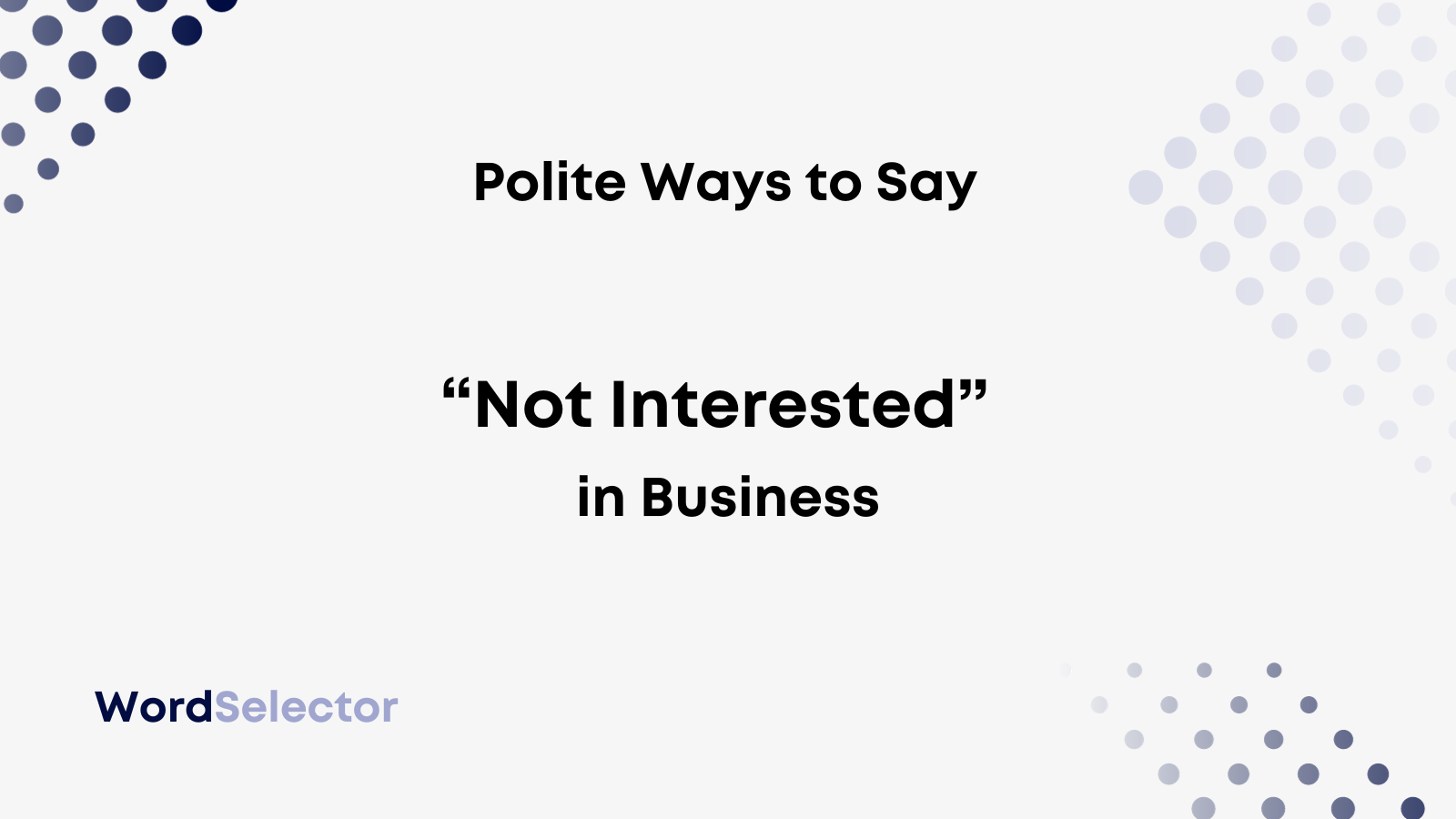How To Say No Politely In Business
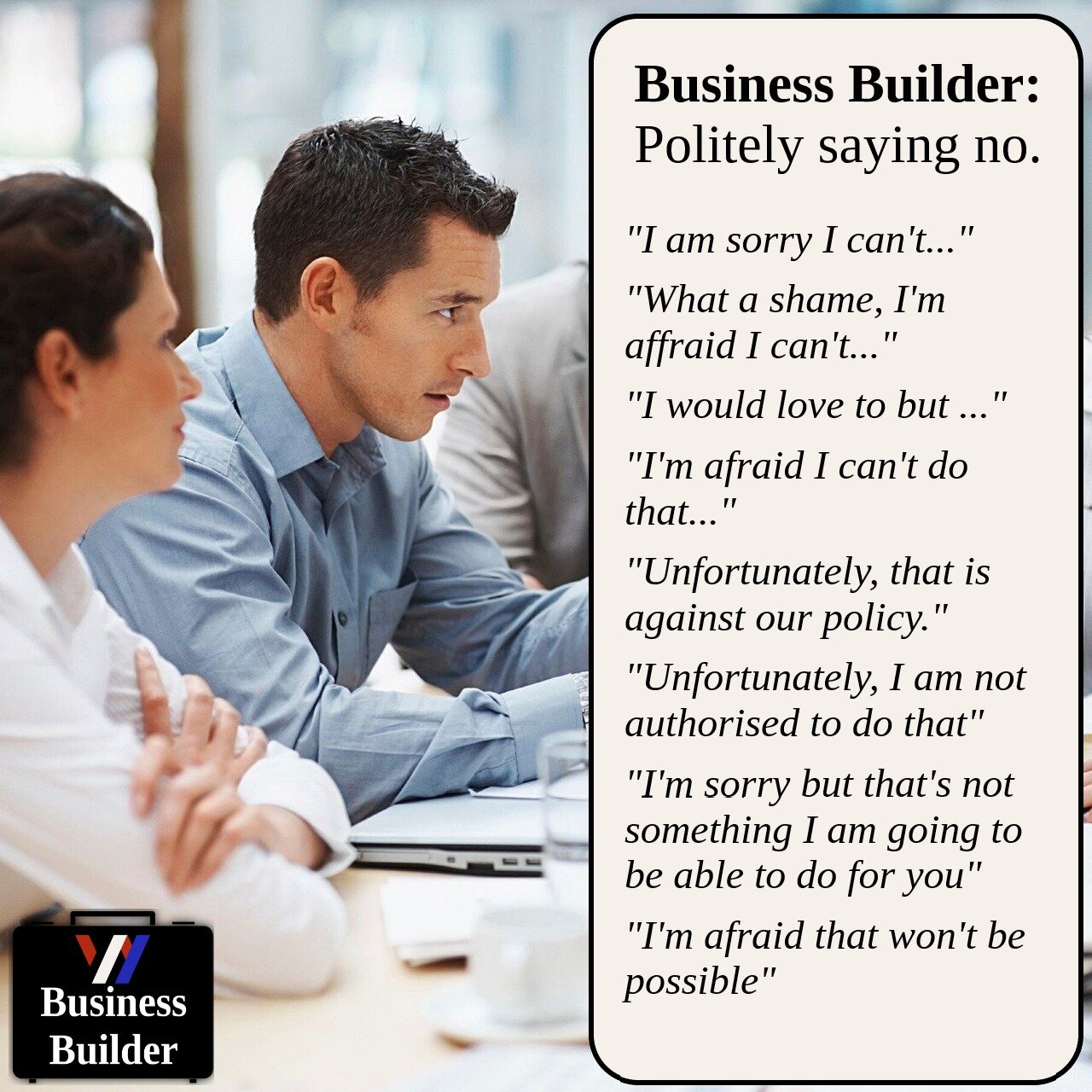
The aroma of freshly brewed coffee hung heavy in the air, mixing with the nervous energy of the networking event. Handshakes were exchanged, business cards fluttered like autumn leaves, and deals were being whispered. But amidst the enthusiasm, a common struggle lingered: how to decline a request without damaging a valuable professional relationship.
Mastering the art of politely saying no is crucial for maintaining boundaries, preserving your time and resources, and fostering strong, respectful relationships. This article explores practical strategies for declining requests gracefully in the business world, ensuring your "no" is heard without burning bridges.
Understanding the Importance of a Polite "No"
Saying "no" effectively isn't about being difficult; it's about being strategic. According to a study by Harvard Business Review, professionals who can confidently decline inappropriate requests are perceived as more competent and respected.
Overcommitting can lead to burnout, decreased productivity, and strained relationships. A well-articulated "no," on the other hand, protects your energy and allows you to focus on what truly matters.
Crafting Your Response
The language you use is paramount. Avoid blunt rejections that can come across as dismissive. Instead, opt for empathetic and understanding phrasing.
Start by acknowledging the request and expressing appreciation for the opportunity. For example, "Thank you so much for thinking of me for this project, [Name]."
Clearly state your reason for declining without over-explaining or making excuses. Honesty and transparency are valued in business relationships.
Instead of saying "I'm too busy," try something like, "My current workload doesn't allow me to dedicate the necessary time and attention to this project to ensure its success."
Offering Alternatives
When possible, soften the blow of your rejection by offering an alternative solution. This demonstrates your willingness to help without compromising your own commitments.
Suggesting another colleague who might be a better fit is a great way to add value. "While I'm unable to take this on, [Colleague's Name] has expertise in this area and would be an excellent resource."
You could also suggest a different timeframe, if applicable. "I'm currently at capacity, but I'd be happy to revisit this in [Month]."
Maintaining Professionalism
Whether you're communicating via email, phone, or in person, maintain a professional and respectful tone. Avoid negativity or sarcasm.
Be mindful of your body language. Maintain eye contact, offer a sincere smile, and speak in a calm and measured tone.
Conclude the conversation on a positive note, reinforcing your appreciation for the other person's consideration. End with a thank you or wish them well.
Example: "Again, thank you for reaching out. I wish you the best with this project."
Dealing with Pushback
Sometimes, your "no" might be met with resistance. Prepare yourself for potential pushback and have a firm, yet polite, response ready.
Reiterate your reason for declining, emphasizing the constraints on your time and resources. Don't be afraid to stand your ground without being confrontational.
Consider saying, "I understand this is important, but I've carefully considered my current priorities and unfortunately, I'm unable to commit at this time." Remember, your boundaries are valid.
"The difference between successful people and really successful people is that really successful people say no to almost everything." - Warren Buffett
The Art of the Follow-Up
After declining a request, it's important to maintain the relationship. Continue to engage with the person in other ways, such as through social media or at industry events.
Offer to help in other areas where you can. This reinforces your willingness to be a supportive colleague, even if you couldn't fulfill the initial request.
By consistently demonstrating your value and professionalism, you can ensure that your "no" doesn't negatively impact your long-term relationships.
Learning to say no politely is an ongoing process. As you gain experience, you'll develop a confident and authentic approach that reflects your values and priorities. Embrace the power of the polite "no" to create a more balanced and fulfilling professional life.
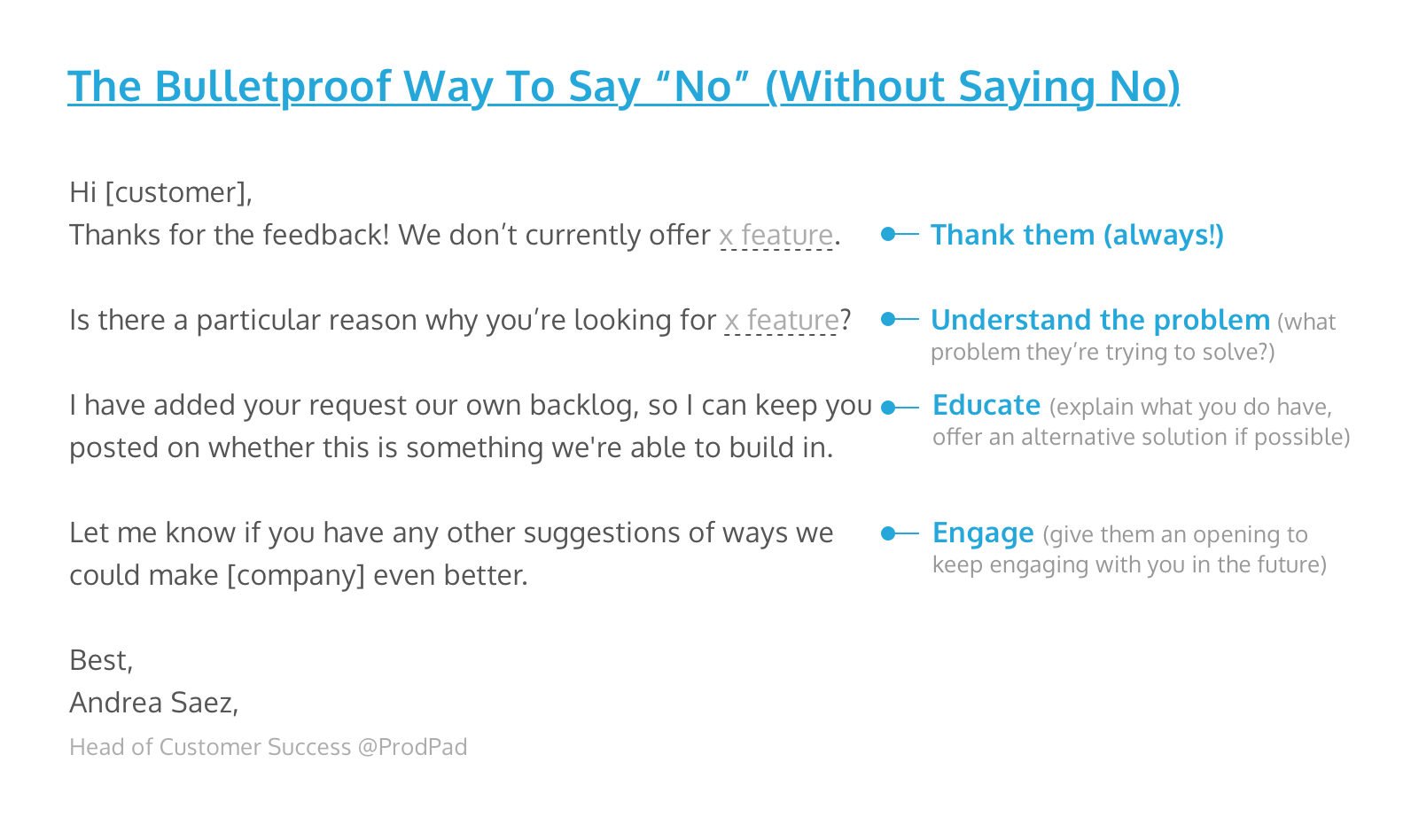






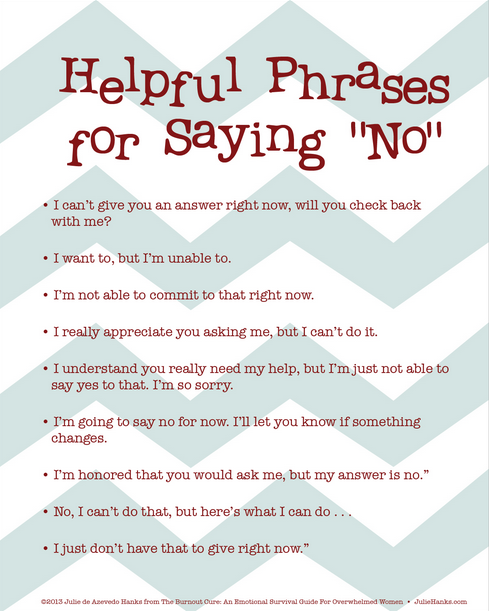
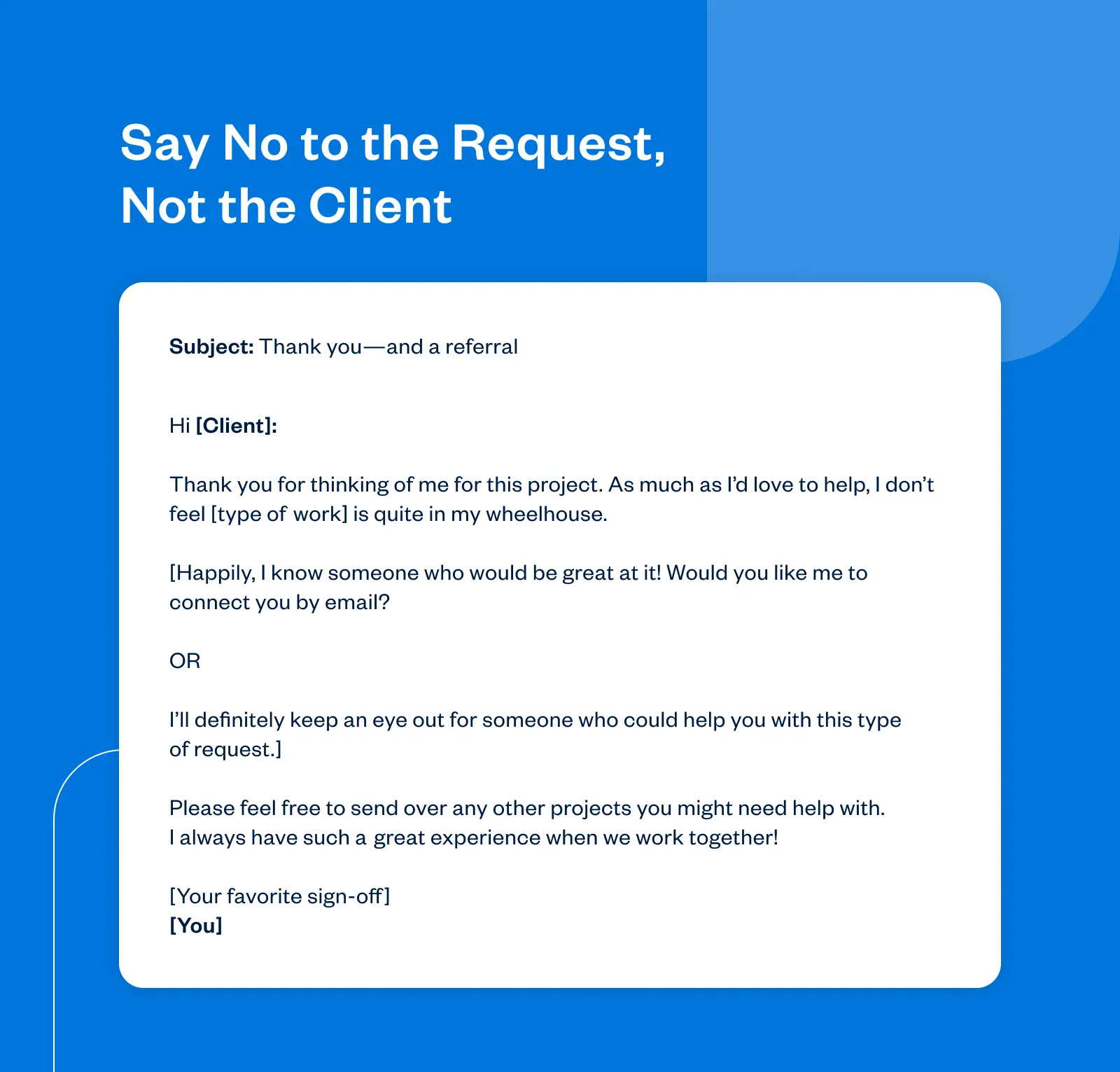




![How To Say No Politely In Business How to Say No Politely [7+Tips & 20+ Examples Included] | HIX.AI](https://hix.ai/featured-images/hix-ai-how-to-politely-say-no-on-any-occasion-7-tips-20-examples-included.jpg)



